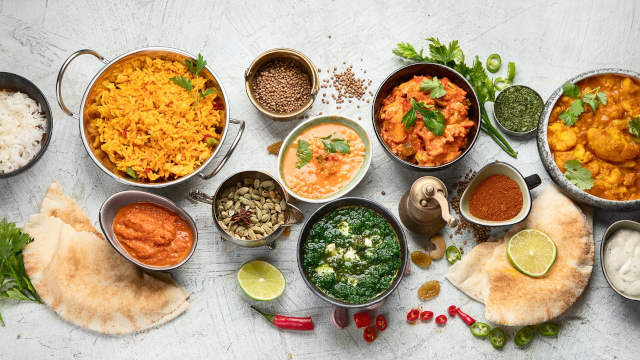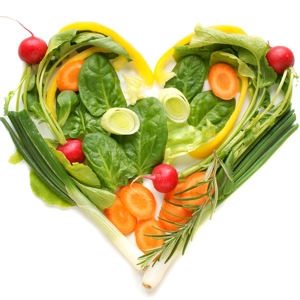Changes in food demand can have real benefits for folks around the world. Both in respect of the current environment shift and in well being implications for everyone. But we must choose to make those changes now – before we’re forced to…
 Our best bet: The classic vegetarian Indian Diet: No meat at all, but a
Our best bet: The classic vegetarian Indian Diet: No meat at all, but a
rich 1,000-year history of veggie aromas, flavours and textures…
“Changes in food demand in one part of the world can have cascading environmental and human welfare implications for people around the world,” says Joe DeCesaro, data analyst at UC Santa Barbara’s National Center.
Simplify the equation
There’s no question in researchers’ minds. Global diet shifts are required to ensure a healthy popu-lation and planet. But what’s the best way to go? Number crunchers on DeCesaro’s team looked at the big picture and realized the possible options they could explore were just too numerous, even for them to work with.
So they opted to narrow the field to the current acknowledged leaders in the ‘Diet of the Future’ race.
Despite the seemingly daunting complexity of the global food system, DeCesaro and partners around the globe set out to understand where and how these environmental pressures might occur within hypothetical global shifts to each of four types of diets: Indian, Mediterranean, EAT-Lancet (largely plant-based, ‘flexitarian’) and average government-recommended food-based dietary guidelines (FBDGs).
What they did
According to an abstract of the survey report: “Using available data on a variety of factors, including countries’ average diets, trade flow and the global environmental pressures of food production, the researchers were able to map to a high degree of precision the changes in environmental pressure that would occur with a global shift to each of four types of diets.”
“We felt these four diet scenarios gave us a good variation of diet types from low meat to higher quantities of meat and dairy while also maintaining cultural relevance,” DeCesaro explained. “The Indian and FBDGs being directly from government recommendations, the Mediterranean being widely discussed for its health benefits, and the EAT-Lancet diet being developed by subject matter experts.”
What they found
Shifts to three of the four diets examined – all except the FBDGs – resulted in reductions in global cumulative pressure. The Indian diet in particular performed the best out of the sustainable popular diets largely due to the difference in red meat consumption. The Indian diet recommends no red meat while the FBDGs typically recommend more red meat than some countries already consume.
“Higher-income countries’ average current diets have higher consumption quantities of most food categories than the recommended quantities in our diet scenarios,” DeCesaro observes. “Essentially, these countries are over-consuming, compared to the recommendations of the diet scenarios, while lower-income countries are, on average, under-consuming in these categories.”
The takeaway
“Sharing sustainable agricultural practices will help reduce any increases in pressures seen from diet shifts,” DeCesaro concludes.
“A big message from our work,” summarizes study co-author Ben Halpern, “is that the decisions we make about what we eat are important for reducing our environmental footprint, but other people may pay the price for [bad] decisions.”
My take
As I hinted at the top of this post… There’s one more factor that can have a significant effect on the power of our food-demand changes is how soon soon we make them – as a planet-wide society. We’re all headed towards a more-unified overall culture, at least as our eating habits are concerned.
The sooner we all start phasing out unsustainable food choices, the sooner we start reaping the rewards. And the easier the inevitable Great Shift will be for all of us…
~ Maggie J.

